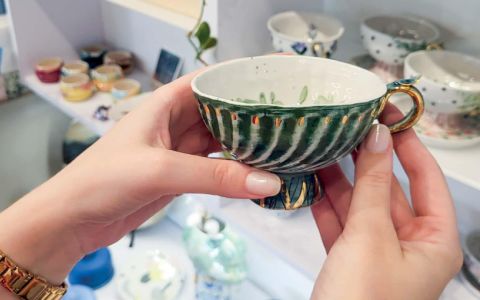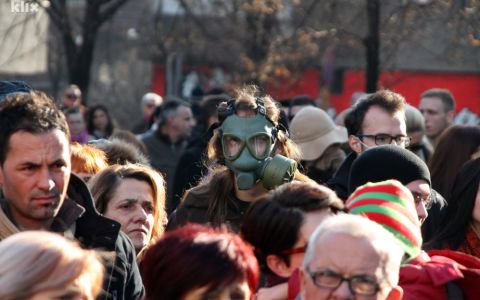The Arnika Association joins the call of the Czech Forum for Development Cooperation (FoRS) “Let's keep our word: let's reduce the Czech climate debt!” [1]. Anyone can support the call by signing the petition at www.drzmeslovo.cz. The main demand is for the Czech government to be more active in fulfilling the Czech Republic's commitments to climate finance for the world's most vulnerable countries. We are drawing attention to the appeal during Czechia's “Week for Climate” series of events.
The call demands that the Czech Republic:
1. fulfill its commitments under the Paris Climate Agreement with greater dignity. It should therefore increase its modest contribution to the Green Climate Fund for the developing world from the current pledge of around CZK 30 million per year to at least double for 2024-2027.
2. actively contribute to the development of a mechanism to compensate for loss and damage caused by climate change in the world's most vulnerable regions in the context of the COP 28 (autumn 2023) and COP 29 (autumn 2024) climate summits and to contribute at least CZK 50 million per year as an initial financial contribution to this mechanism.
Pavel Přibyl, the director of FoRS, says: “As a heavily industrialized country, we carry a long-term emissions debt. In per capita terms, we are still one of the largest current emitters of greenhouse gases in the EU. We are also far ahead of, for example, China or India in this respect. The effects of climate change are particularly felt in the poorest parts of the world. Despite this, we have only provided climate finance to the developing world for a long time (to international funds and bilateral cooperation) for around CZK 200 million a year, which is just 2.5% of our fair share, being roughly CZK 8 billion per year. We have been more or less stagnant in our contributions for a number of years. We need to start gradually increasing contributions.”
Katarína Klamková, from CARE ČR, added: “Climate change is a significant contributor to famines, armed conflicts, and the migration of tens of millions of people from areas that are becoming uninhabitable. Floods in Pakistan or drought and crop failure in Sudan affect us too. That is why we need the Green Climate Fund for the developing world to be adequately funded. It increases the resilience of vulnerable regions to the impacts of climate change and protects us from instability in the world.”
Václav Orcígr, from Arnika, adds: “The impacts of climate change have long been underestimated from a Central European perspective. We must remember that the most threatened areas in a globalized world are directly linked to the future of life in our country, both from an economic and social perspective. The lack of responsibility and solidarity on climate issues must be corrected. The biggest polluters, such as the owners of coal-fired power stations or airlines, should bear the costs.”
We are proud to partner with the Kazakhstani NGO EcoMuseum, which shared its local stories of climate change impact and the adaptation measures people had to take. You can read the stories HERE (in Czech).


Notes:
[1] FoRS - Czech Forum for Development Cooperation (www.fors.cz). FoRS members include Czech NGOs like the Arnika Association, think tanks, national sections of international organizations, universities and other entities. The platform brings together 35 organizations. For more information, visit FoRS's Facebook page or Twitter.







